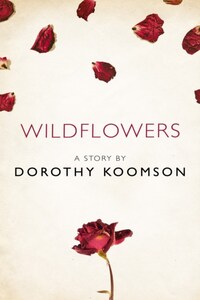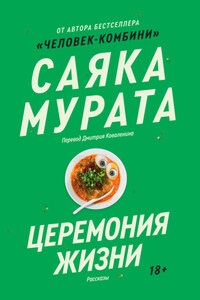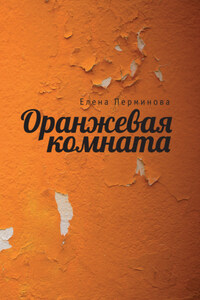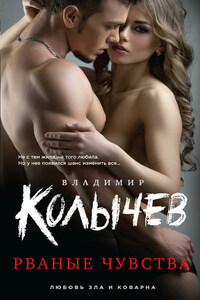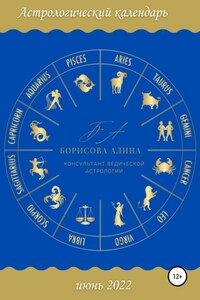Wildflowers
by Dorothy Koomson
A short story from the collection
Published by The Borough Press
an imprint of HarperCollinsPublishers Ltd
1 London Bridge Street
London SE1 9GF
www.harpercollins.co.uk
First published in Great Britain by HarperCollinsPublishers 2018
In the compilation and introductory material © Kate Mosse 2018
Wildflowers © Dorothy Koomson 2018
The moral rights of the author have been asserted
Cover design by Holly Macdonald © HarperCollinsPublishers Ltd 2018
Cover photographs © Sally Mundy/Trevillion Images, © Shutterstock.com petals
A catalogue copy of this book is available from the British Library.
This story is entirely a work of fiction. The names, characters and incidents portrayed in it, while at times based on historical events and figures, are the works of the author’s imagination.
All rights reserved under International and Pan-American Copyright Conventions. By payment of the required fees, you have been granted the non-exclusive, non-transferable right to access and read the text of this e-book on screen. No part of this text may be reproduced, transmitted, down-loaded, decompiled, reverse engineered, or stored in or introduced into any information storage and retrieval system, in any form or by any means, whether electronic or mechanical, now known or hereinafter invented, without the express written permission of HarperCollins.
Source ISBN: 9780008257439
Ebook Edition © August 2018 ISBN: 9780008303266
Version: 2018-07-17
Contents
Cover
Title Page
Copyright
Foreword by Kate Mosse
Wildflowers
Note on the Author
A Note on Emily Brontë
About the Publisher
SO, WHAT MAKES Wuthering Heights – published the year before Emily Brontë’s own death – the powerful, enduring, exceptional novel it is? Is it a matter of character and sense of place? Depth of emotion or the beauty of her language? Epic and Gothic? Yes, but also because it is ambitious and uncompromising. Like many others, I have gone back to it in each decade of my life and found it subtly different each time. In my teens, I was swept away by the promise of a love story, though the anger and the violence and the pain were troubling to me. In my twenties, it was the history and the snapshot of social expectations that interested me. In my thirties, when I was starting to write fiction myself, I was gripped by the architecture of the novel – two narrators, two distinct periods of history and storytelling, the complicated switching of voice. In my forties, it was the colour and the texture, the Gothic spirit of place, the characterisation of Nature itself as sentient, violent, to be feared. Now, in my fifties, as well as all this, it is also the understanding of how utterly EB changed the rules of what was acceptable for a woman to write, and how we are all in her debt. This is monumental work, not domestic. This is about the nature of life, love, and the universe, not the details of how women and men live their lives. And Wuthering Heights is exceptional amongst the novels of the period for the absence of any explicit condemnation of Heathcliff’s conduct, or any suggestion that evil might bring its own punishment.
This collection is published to celebrate the bicentenary of Emily Brontë’s birth in 1818. What each story has in common is that, despite their shared moment of inspiration, they are themselves, and their quality stands testament both to our contemporary writers’ skills, and the timelessness of Wuthering Heights. For, though mores and expectations and opportunities alter, wherever we live and whoever we are, the human heart does not change very much. We understand love and hate, jealousy and peace, grief and injustice, because we experience these things too – as writers, as readers, as our individual selves.
THE BRAYING AT MY front door is enough to upset everyone down this street, not just my block of flats. I wrap my dressing gown around myself and hurry towards the front door. There’d better be an emergency for someone to be making this much noise on such an idyllic Saturday morning – before it began, I’d been about to open all the windows in the flat to let in the sea air.
‘You!’ she snarls when she sees me. ‘You!’
Before I can say anything, she raises the object in her hand – a large kitchen knife.
‘I told you to stay away from my son. Now look what you’ve done.’
I should slam the door in her face, run for the phone, and call the police. I can’t though, I’m frozen; petrified at what is happening and who is doing this.
‘Get inside,’ she hisses at me.
The blade seems to glint, and I seem to have forgotten how to move. I half expect a neighbour to come out of their flat to see what all the fuss is, but now she’s being quieter – speaking in hushed, vicious tones, and no longer hammering – no one is going to come.
‘Get. Inside,’ she repeats and waves the knife for good measure. This time my body remembers how to move and takes a step back and lets in the woman holding a very large knife.
